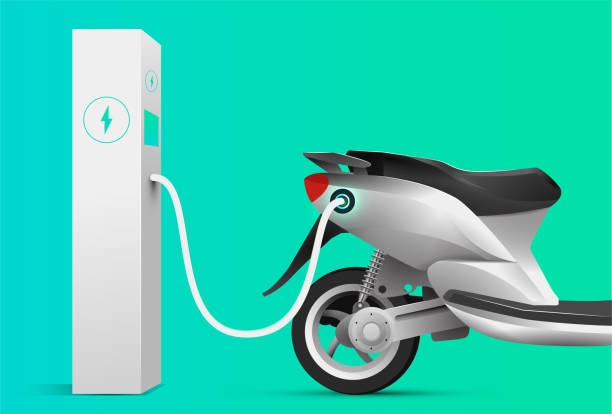A group of seven electric two-wheeler makers on Friday urged the centre to look at the possibility of asking the customers to return the excess given to them on the purchase of the vehicles.
The government has asked Rs 469 crore from Hero Electric, Okinawa, and five other companies for claiming incentives and not complying with the FAME (Faster Adoption and Manufacturing of Electric Vehicles) II scheme norms.
Society of Manufacturers of Electric Vehicles (SMEV) Chief Evangelist Sanjay Kaul said in his letter, “This is about the subsidies your department has claimed back from OEMs on retrospective basis: And this also holds for the Rs 1,200 crores that the OEMs claim remains un-reimbursed,”
Kaul, a former BJP spokesperson, has been brought in by SMEV to help revise the agenda of the grouping.
“Considering that your department levied a penalty on some OEMs a few months ago for over-charging the customers and then asked them to return the amounts, it is possible that the monies you are currently demanding from the other set of OEMs for non-compliance, can be similarly recovered by them from the customers and returned to the Department,” Kaul said.
He added that if a customer has received a discount over and above the correct price, it is incumbent on them to return the excess, even if the correction comes retrospectively.
“Since the MHI is suggesting that the subsidies passed on to customers by OEMs now stand cancelled – due to technical reasons decided by MHI Department subsequently – the customers who have taken such subsidies can be asked to return these to OEMs in all fairness,” Kaul said.
He further said: “Thereafter, since you have disallowed the OEMs the facility of subsidy on basis of your Department’s decisions, these monies could be returned to you by the OEMs, effectively cancelling the FAME subsidy obligations.”
Kaul said that OEMs have shown an interest in sharing customer data with the Ministry, so this may be affected by a public announcement.
“Or, they are willing to take out a Public Notice asking such customers to deposit back the excess rebates they had received as subsidy, under the Department’s guidance,” he added.
“At the outset it seems like a contrarian position – or at least a Herculean task – but when examined correctly – even legally – there seems to be merit in the proposition. I believe this might hold the key to a successful and equitable solution to the issue plaguing the sector and maintain the Ministry’s position also,” Kaul said.
the BJP spokesperson added that he has looked into this matter form the legal prism and it seems to hold water as There is a perfect equivalence where one has overcharged and the other has overpaid.
For availing financial incentives under the schemes and violating the terms, the government is seeking a refund of subsidies from Hero Electric, Okinawa Autotech, Ampere EV, Revolt Motors, Benling India, Amo Mobility, and Lohia Auto.
According to the norms of the scheme, incentives were given to the companies to produce vehicles using Indian components and parts. Still, during the investigation, it was revealed that the seven companies had been using imported components.
The investigation was initiated after the government received an anonymous mail alleging that several EV makers claimed subsidies without complying with the Phased Manufacturing Plan (PMP) rules that boost domestic manufacturing of these electric vehicles.
After that, the Ministry delayed the distribution of subsidies last financial year.
A Rs 10,000-crore programme under the FAME-II scheme was announced to promote electric and hybrid vehicles in 2019. It is the expanded version of the present scheme FAME India I (Faster Adoption and Manufacturing of (Hybrid) and Electric Vehicles, launched on April 1, 2015, with a total outlay of Rs 895 crore.
In three-wheeler and four-wheeler segments, incentives apply mainly to vehicles used for public transport or registered commercial purposes. In the two-wheeler segment, the focus is on private vehicles.






